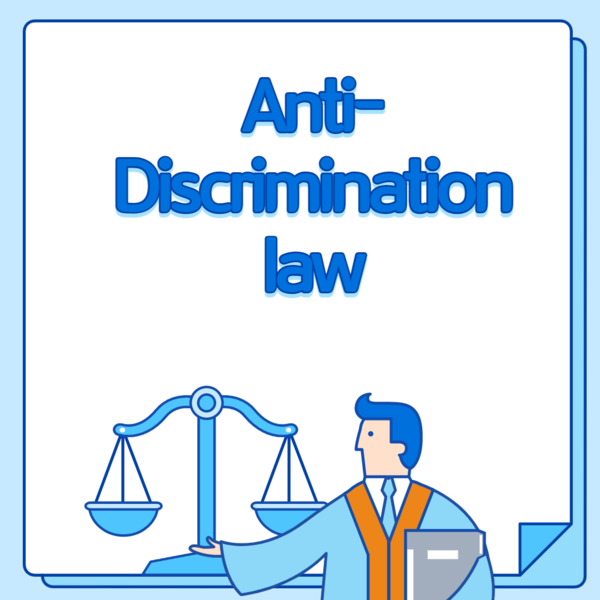Photologue @theuostimes7

The petition to the National Assembly for the enactment of the anti-discrimination law won 100,000 consents on June 14. The petition will be sent to the Legislation and Judiciary Committee for review on whether to refer it to the Assembly plenary session.
The anti-discrimination law was proposed under Article 11 of the Constitution of the Republic of Korea. The purpose of the legislation is to protect practically the disadvantaged and minorities who are subject to discrimination, although no member should be not. The anti-discrimination law in Korea was first proposed in 2007. However, the law did not be passed by the National Assembly until the parliament was opened and closed seven times. Finally, in June 2020, the anti-discrimination law was proposed again, but it has not been passed until the year has changed. As the petition is referred to the National Assembly, discussions on the enactment of the law are expected to gain momentum.
One of the main reasons why the anti-discrimination law has not been enacted in Korea is that there is strong opposition from the conservative protestant camp. Therefore, the enactment of the law is not easy for lawmakers who are forced to be wary of voters. In addition, opinions have been raised that the criteria for “without reason” under Article 3 of the anti-discrimination law are ambiguous, infringing on freedom of expression.
Whether anti-discrimination laws can be enacted should be noted in the future. However, the compliance of National Assembly petition requirements could be seen as an example of public consent to protect minorities by law who have been unfairly discriminated against.

